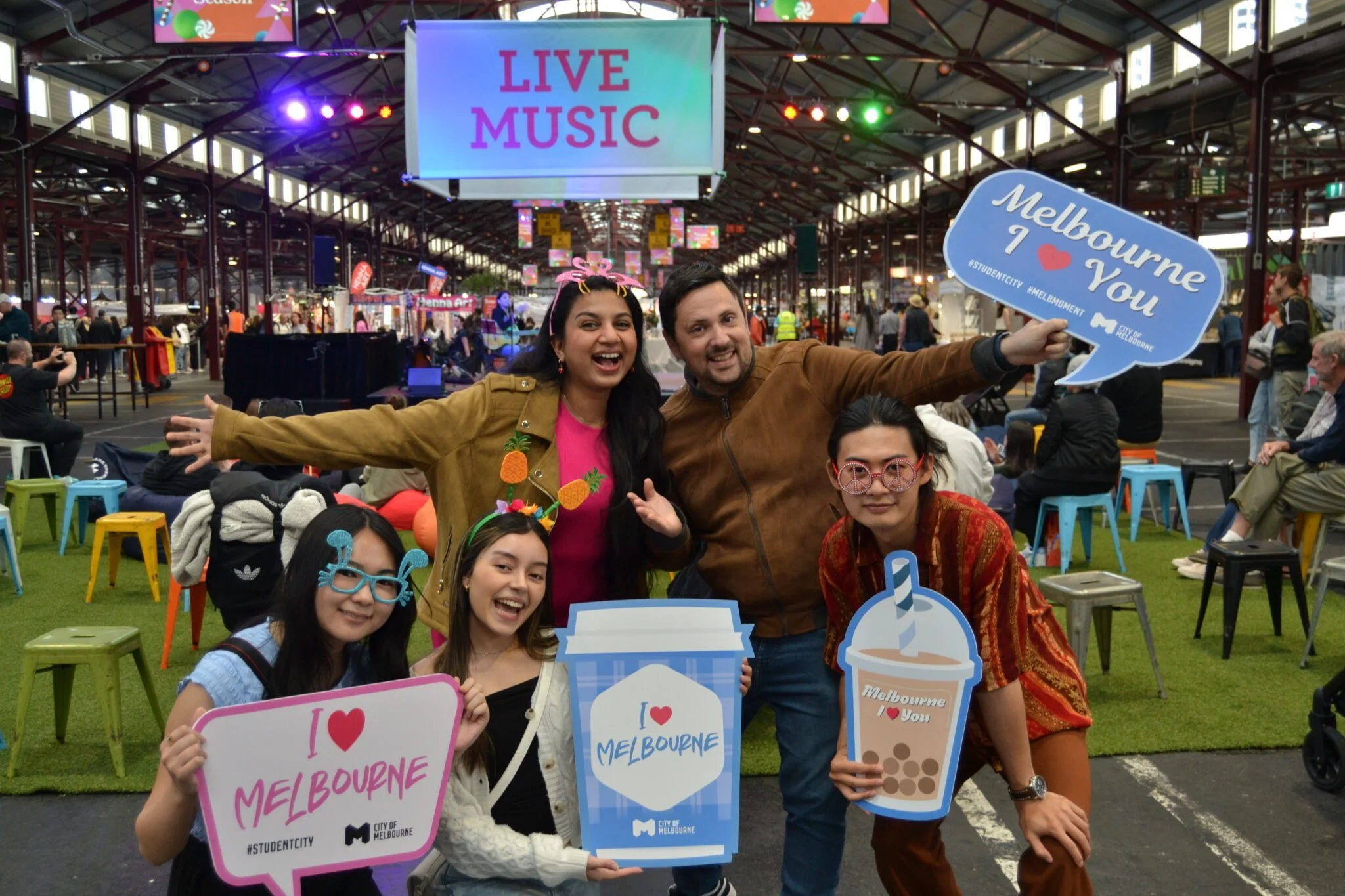Talent is the new economic frontier (and the competition is fierce)
For cities, towns and regions, attracting and retaining talent has become central to economic success.
In a global, knowledge-driven economy, people are the main driver of productivity, innovation and growth. And people - especially those with skills - are increasingly mobile.
That puts the spotlight on place.
The competition for talent is real
Cities, towns and regions are now competing not just for investment, but for people. As remote work becomes more common and lifestyle factors take centre stage, individuals and families are weighing up where they want to live - and where they can thrive. That means every place needs to think carefully about its offer: not just to businesses, but to people. Because when talented people choose somewhere else, opportunities go with them.What makes someone choose to stay, return or move? What helps them build a life, not just find a job? These are now fundamental economic questions.
International students at Melbourne’s Queen Victoria Market.
Place is doing more of the heavy lifting
For many local economies, the old levers - tax incentives, infrastructure, marketing - are no longer enough. Without a compelling offer for people, it’s harder to grow industries, attract investment or even fill existing jobs.
That’s why the most forward-looking strategies are focusing on the lived experience of place. Not just liveability, but identity. Not just amenity, but belonging.
This means different things in different places. In some, it’s about celebrating Aboriginal culture or a unique natural setting. In others, it’s about building stronger connections between students and the community, or supporting local entrepreneurs to grow new industries from the ground up.
What matters is being real. The places that stand lean into what makes them distinctive.
Brand and marketing matter
Telling your story well is a critical part of attracting talent. People need to know who you are, what you offer, and what kind of life they can build in your town, city or region.
But it can’t just be a glossy campaign. The most effective place brands are grounded in truth - shaped by the lived experience of residents, the ambitions of local employers, and the values of the broader community.
In this context, brand is not just a communications function. It’s strategic. It brings coherence to economic development efforts, builds pride and visibility, and helps differentiate your place in a crowded landscape.
Students are more than visitors
One of the most overlooked talent strategies is right in front of us: students.
Universities, TAFEs and training providers bring a steady flow of young people to cities and regions. But it’s a mistake to treat them as short-term visitors. They can be long-term contributors to the local economy.
The difference between students leaving and staying often comes down to two things: connection and opportunity. Do they feel part of the community? Can they see a pathway to work, entrepreneurship or further learning?
Places that forge stronger links between students and employers, offer meaningful work experience, and support international students to feel welcome and included are far better positioned to retain talent and grow their own future workforce.
No single lever will do it
Talent strategies only work when multiple efforts align. Good housing, job opportunities, inclusive infrastructure, vibrant public spaces, a supportive business ecosystem - they all matter.
Places that support entrepreneurship often have an edge. When it’s easy to start and grow a business, the appeal of a place goes beyond just jobseekers - it attracts builders, risk-takers, people with vision.
And employers must be part of the conversation. They know where the skill gaps are and what makes a place appealing to talent. When they’re engaged early, talent strategies tend to be more targeted, credible and effective.
Melbourne is leaning in
These ideas are playing out in real time. Econovation has been proud to support the development of the City of Melbourne’s draft Economic Development Strategy, which places a strong emphasis on the role of people and place.
It recognises that Melbourne’s success - past and future - depends on its ability to attract, retain and include talent. With an economy built on knowledge, culture and creativity, and one of the world’s strongest pipelines of international students, it makes sense to treat talent as a cornerstone of economic strategy.
This includes building strong connections between students and employers, ensuring the city is an attractive place to start and grow a business, promoting inclusion and diversity, and improving the lived experience of the city for workers, residents and visitors alike.
It’s time to take this seriously
Talent attraction is not a ‘nice to have.’ It’s a strategic response to demographic, economic and technological shifts that are reshaping the world of work.
And for many local governments and regional bodies, it represents an opportunity to step into a new kind of leadership - one focused not just on growth, but on creating places where people want to be.
Econovation works with forward-thinking leaders to design strategies that help people and places thrive together. If talent is a challenge - or an opportunity - you’re exploring, contact Andrew Wear (andrew.wear@econovation.com.au) for a discussion on how Econovation might be able to help.

